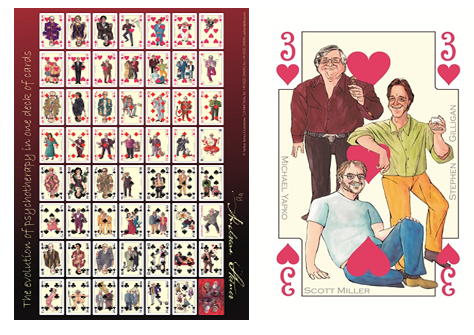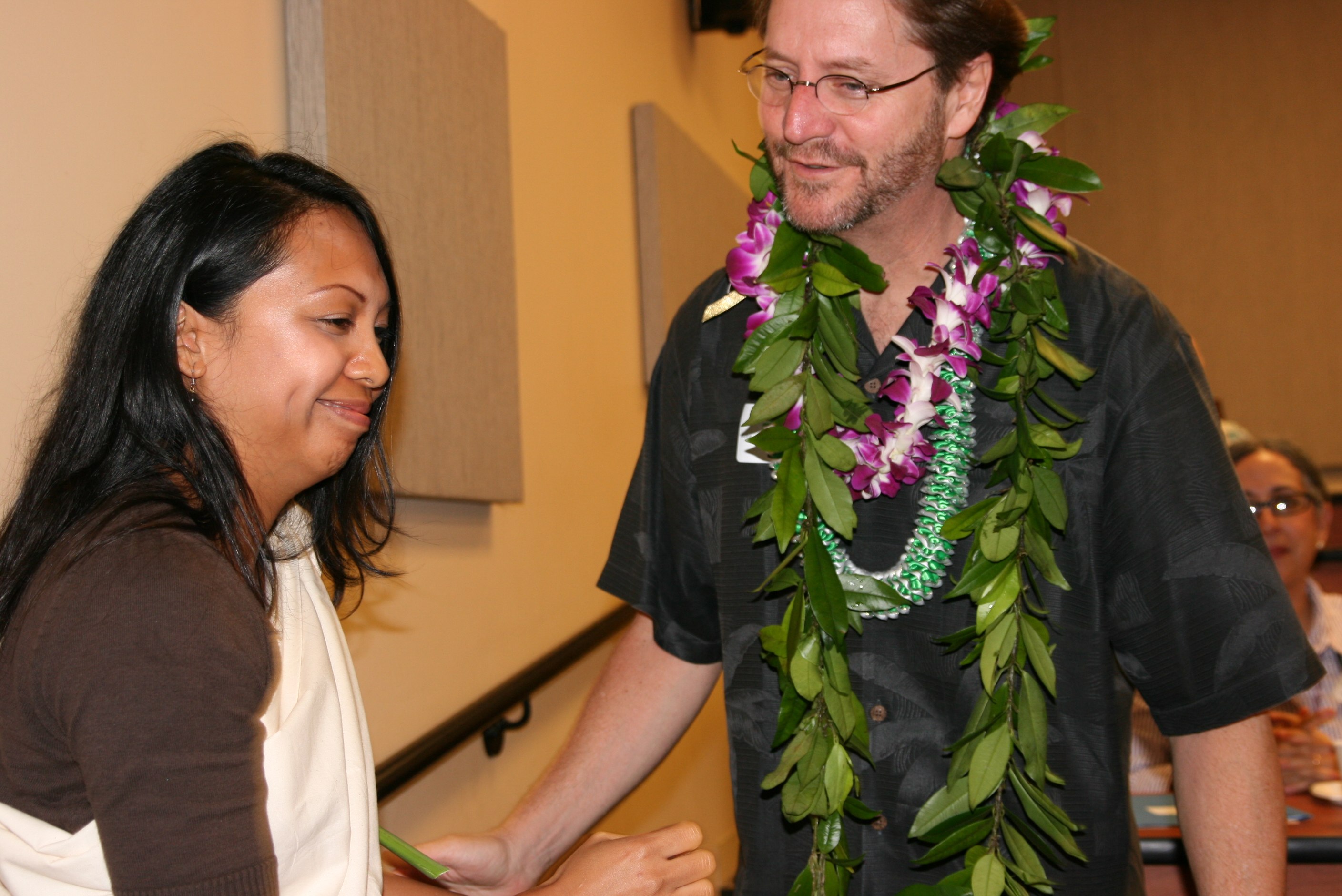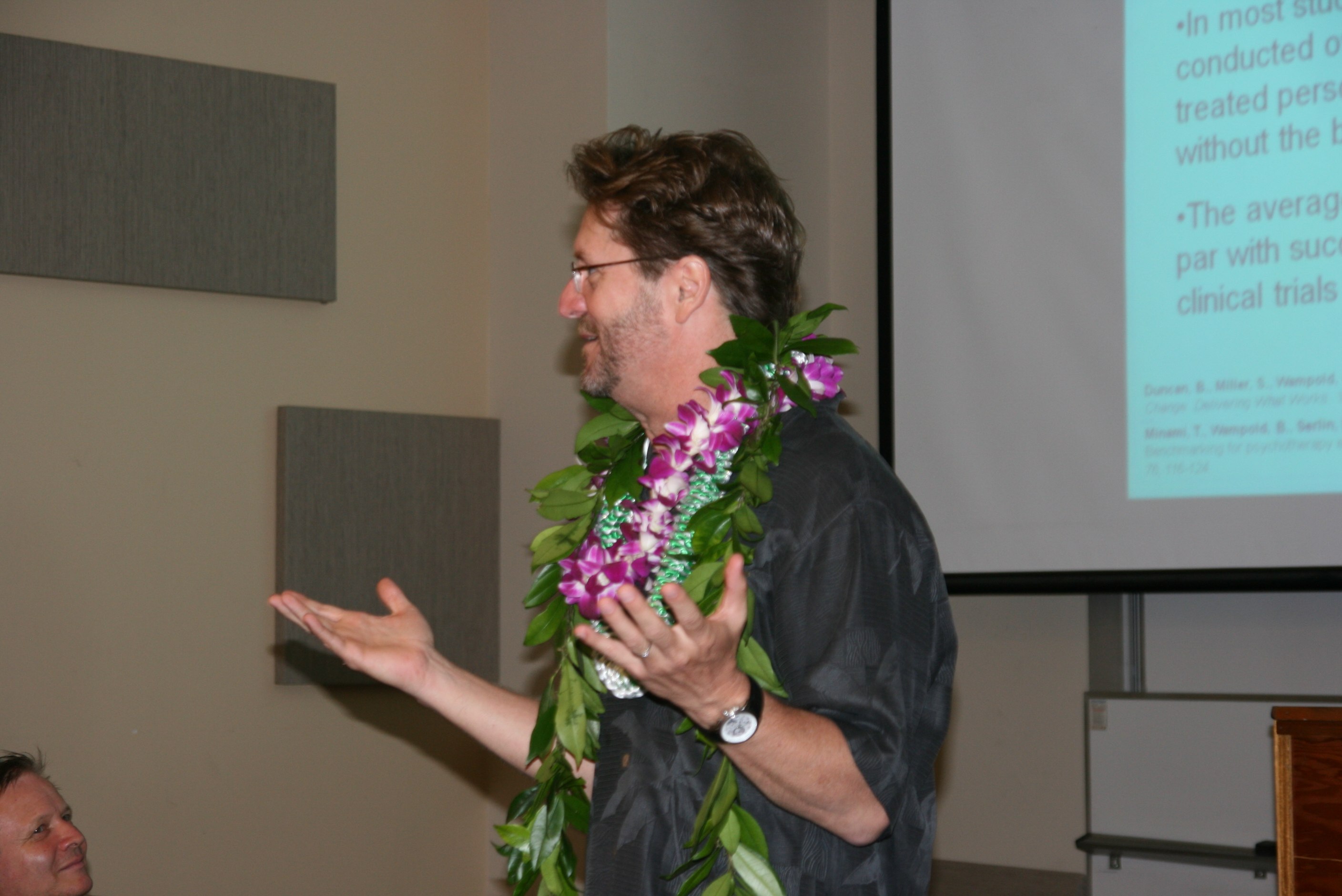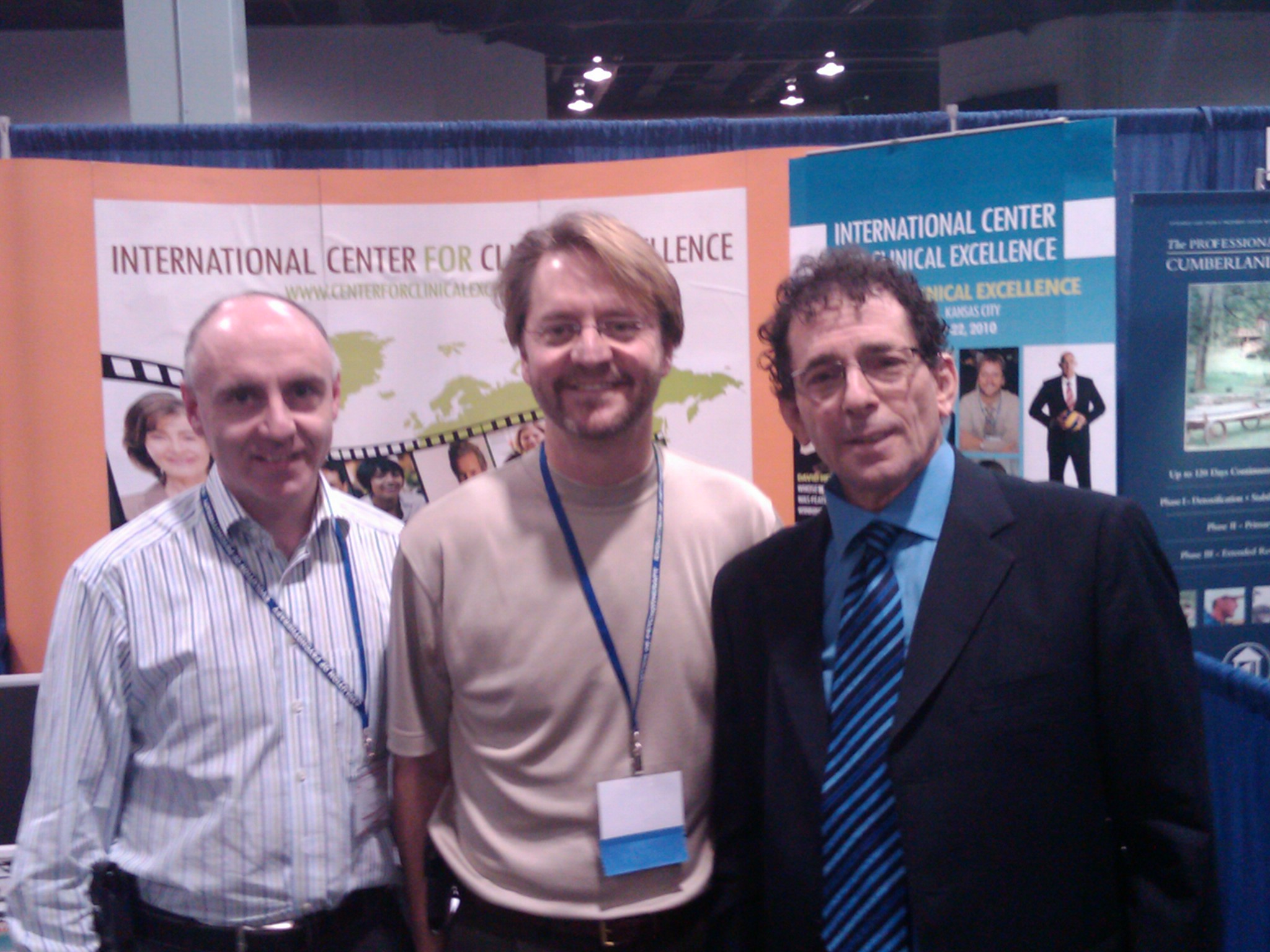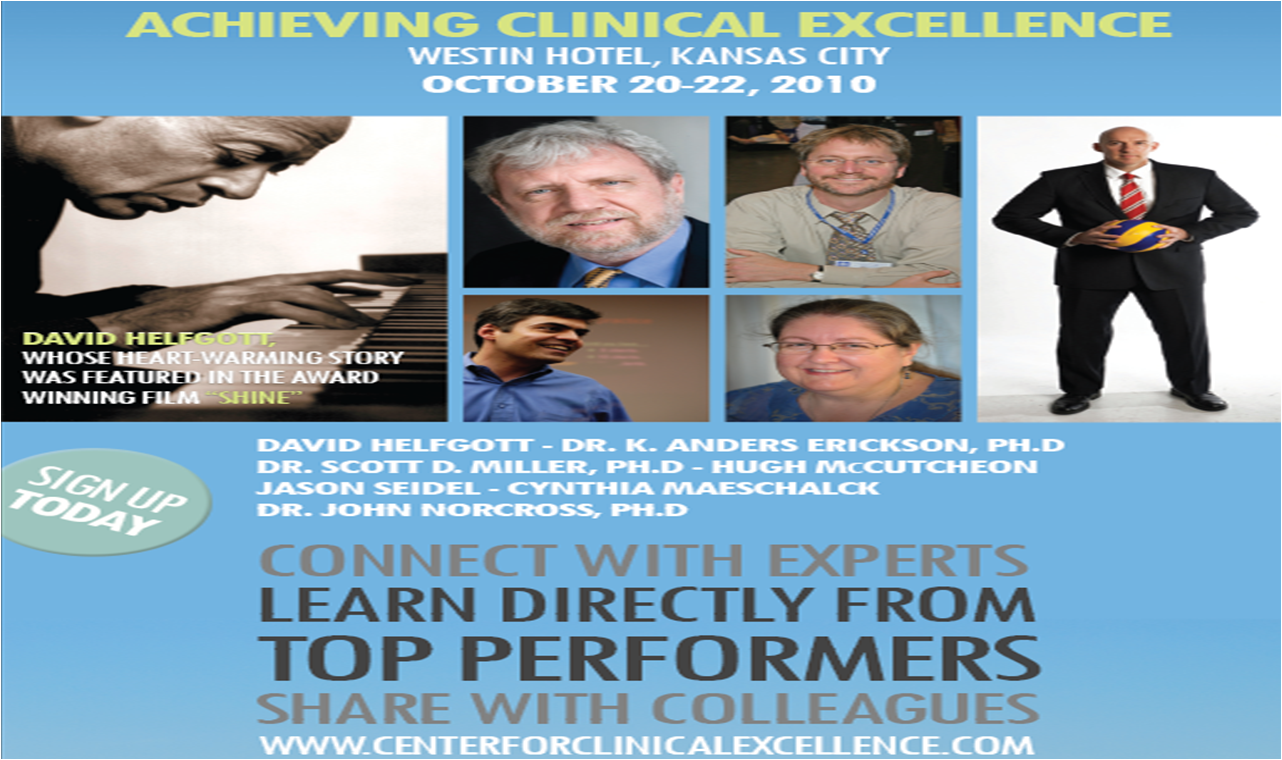
Big bucks. That’s what training in psychotherapy costs. Take graduate school in psychology as an example. According to the US Department of Education’s National Center (NCES), a typical doctoral program takes five years to complete and costs between US$ 240,000-300,000.00.
Who has that kind of money laying around after completing four years of college? The solution? Why, borrow the money, of course! And students do. In 2009, the average amount of debt of those doctoral students in psychology who borrowed was a whopping US$ 88,000–an amount nearly double that of the prior decade. Well, the training must be pretty darn good to warrent such expenditures–especially when one considers that entry level salaries are on the decline and not terribly high to start!
Oh well, so much for high hopes.
Here are the facts, as recounted in a recent, concisely written summary of the evidence by John Malouff:
1. Studies comparing treatments delivered by professionals and paraprofessionals either show that paraprofessionals have better outcomes or that there is no difference between the two groups;
2. There is virtually no evidence that supervision of students by professionals leads to better client outcomes (you should have guessed this after reading the first point);
3. There is no evidence that required coursework in graduate programs leads to better client outcomes.
If you are hoping that post doctoral experience will make up for the shortcomings of professional training, well, keep hoping. In truth, professional experience does not correlate often or significantly with client therapy outcomes.
What can you do? As Malouf points out, “For accrediting agencies to operate in the realm of principles of evidence-based practice, they must produce evidence…and this evidence needs to show that…training…contribute(s) to psychotherapy outcomes…[and] has positive benefits for future clients of the students” (p. 31).
In my workshops, I often advise therapists to forgo additional training until they determine just how effective they are right now. Doing otherwise, risks perceiving progress where, in fact, none exists. What golfer would buy new clubs or pursue expensive lessions without first knowing their current handicap? How will you know if the training you attend is “worth the bother” if you can’t accurately measure the impact of it on your performance?
Determining one’s baseline rate of effectiveness is not as hard as it might seem. Simply download the Outcome Rating Scale and begin using it with your clients. It’s free. You can then aggregate and analyze the data yourself or use one of the existing web-based systems (www.fit-outcomes.com or www.myoutcomes.com) to get data regarding your effectiveness in real time.
After that, join your colleagues at the upcoming Advanced Intensive Training in Feedback Informed Treatment. This is an “evidence-based” training event. You learn:
• How to use outcome management tools (e.g., the ORS) to inform and improve the treatment services you provide;
• Specific skills for determining your overall clinical success rate;
• How to develop an individualized, evidence-based professional development plan for improving your outcome and retention rate.
There’s a special “early bird” rate available for a few more weeks. Last year, the event filled up several months ahead of time, so don’t wait.

On another note, just received the schedule for the 2013 Evolution of Psychotherapy conference. I’m very excited to have been invited once again to the pretigious event and will be bring the latest information and research on acheiving excellence as a behavioral health practitioner. On that note, the German artist and psychologist, Andreas Steiner has created a really cool poster and card game for the event, featuring all of the various presenters. Here’s the poster. Next to it is the “Three of Hearts.” I’m pictured there with two of my colleagues, mentors, and friends, Michael Yapko and Stephen Gilligan:
